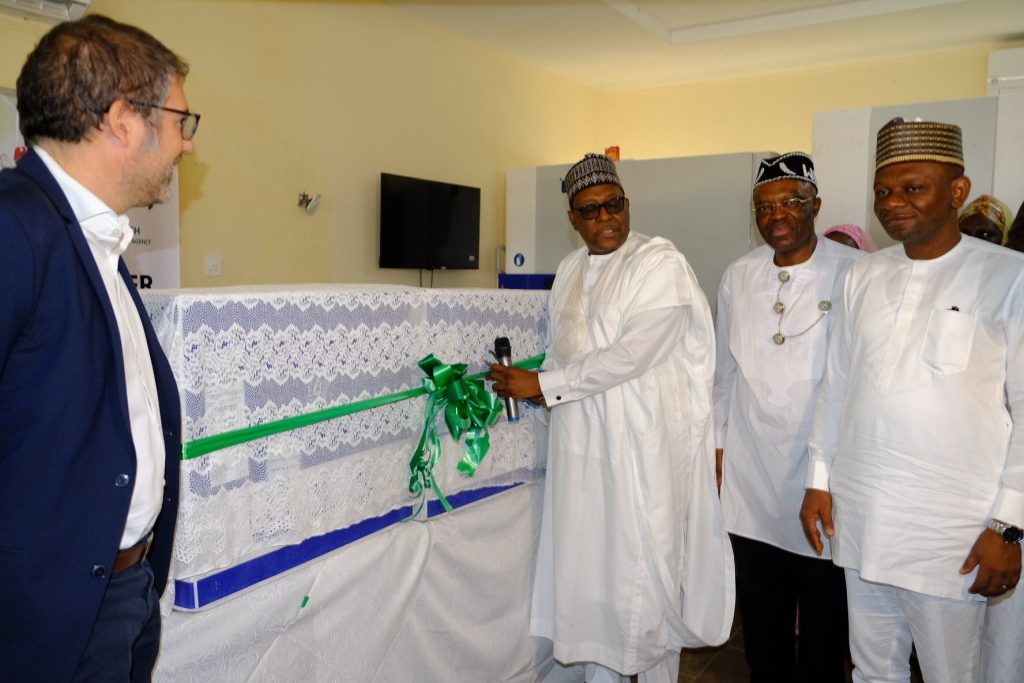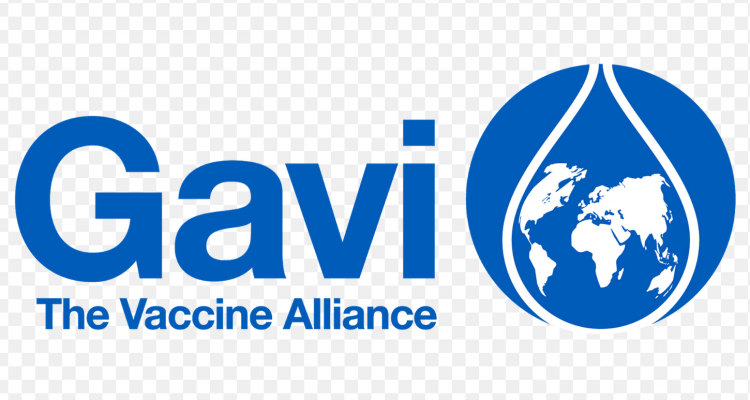By Iyemah David
Nigeria has received 846,000 doses of a ground breaking malaria vaccine from Gavi, The Vaccine Alliance, to reduce the country’s high incidence of the disease, especially among children and other vulnerable groups.
Coordinating Minister of Health and Social Welfare, Professor Muhammad Ali Pate, announced on Thursday in Abuja that the vaccines were expected to play a pivotal role in lowering malaria-related deaths.
The large clinical trials in Africa proved vaccine, RTS,S/AS01 (Mosquirix) as effective in reducing contracting malaria cases and mortality among young children.
Nigeria is the third African country to introduce the vaccine, following Ghana and Kenya, which began using it in 2023.
Malaria affects 97 per cent of Nigeria’s population. Its transmission occurs year-round in southern regions and lasts up to three months in the northern regions.
The primary malaria vectors are Anopheles coluzzii and Anopheles gambiae, with Anopheles funestus playing a secondary role in some areas.
The vaccines came as Nigeria intensifies efforts to reduce malaria-related deaths under the National Malaria Strategic Plan (NMSP) 2021–2025.
Prof. Pate said the vaccine would significantly boost the country’s ongoing malaria elimination efforts.
“Our target is to prioritize regions most affected by malaria, particularly in rural areas where access to healthcare is limited,” he said.
He also said the vaccine rollout would begin in high-burden regions before expanding nationwide.
According to him, global health partners, including WHO, UNICEF, and Gavi, are providing technical and financial support to ensure the successful implementation of the vaccine.
“USAID and other partners are pushing for rapid scale-up beyond the initial two states, aiming for a nationwide rollout to cover all regions of the country,” he said.
The minister added that the arrival of the malaria vaccine marked a historic step in the fight against malaria.
“With proper infrastructure, political will, and continued international collaboration, Nigeria is poised to make substantial progress in reducing the disease’s toll and moving toward malaria elimination,” he said.

Executive Director of the National Primary Health Care Development Agency (NPHCDA) Dr Muyi Aina nnounced that the initial rollout would target Bayelsa and Kebbi, chosen due to their high malaria burden and logistical challenges.
“In Bayelsa, which has significant riverine areas, reaching remote communities has been a challenge for health interventions.
“But the strengthened healthcare systems and enhanced cold chain capabilities are expected to ensure the vaccine reaches even the most isolated populations,” he said.
The WHO representative in Nigeria, Dr Walter Mulombo, expressed optimism about the vaccine’s potential to save lives.
“We are confident that this vaccine, in combination with other preventive measures, will drastically reduce the burden of malaria in Nigeria and help us move closer to achieving the goal of a malaria-free Africa,” he said.
National Coordinator of the National Malaria Elimination Programme (NMEP), Professor Gbenga Mokuolu hailed the vaccine as a game-changer.
He, however, cautioned that it must be paired with continued investment in healthcare infrastructure and education.
“The vaccine is not a magic bullet. Sustained efforts, including awareness campaigns and improved healthcare delivery, will be key to ensuring that benefits of the vaccine reach every corner of the country,” Mokuolu said.




